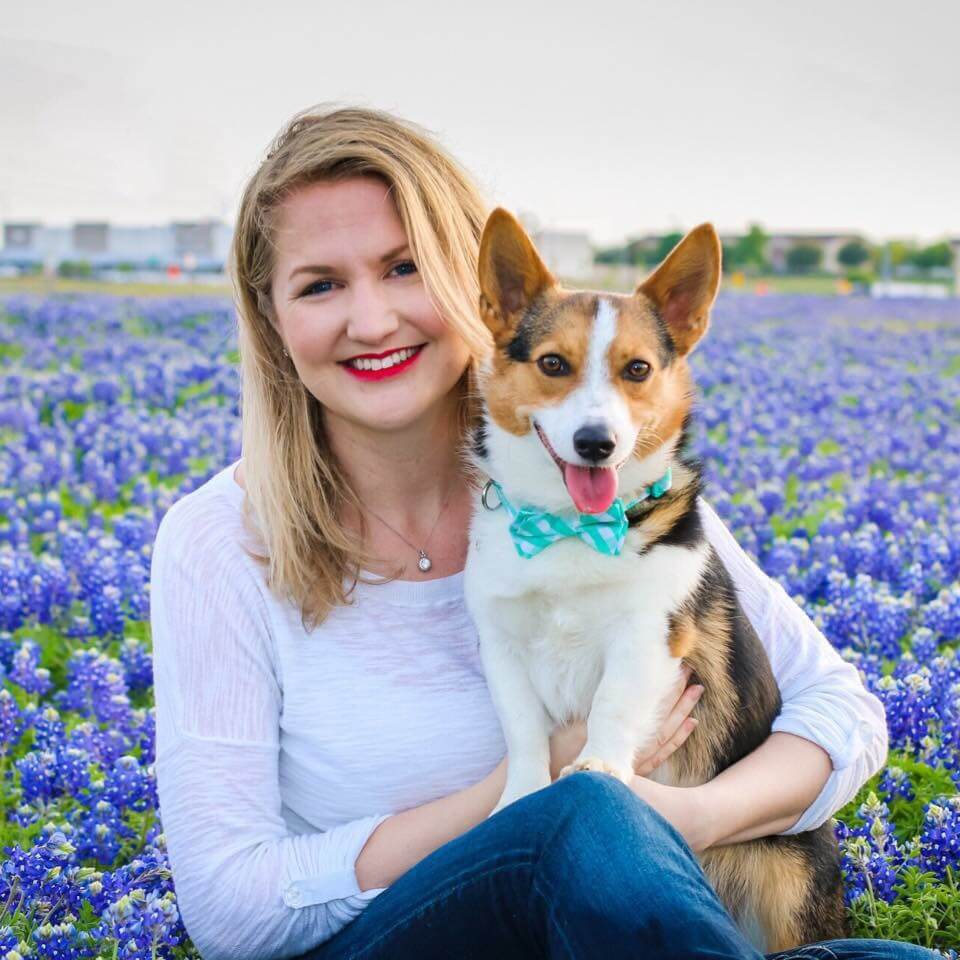A brand new DNA test feature has just been launched at MyHeritage: the display of Shared Ancestral Places. This intriguing feature will arm you with more information to identify common ancestors and unlock mysteries in your family tree. Learn more about using this new tool and applying it to your DNA brick walls.
Shared Ancestral Places
DNA Matching is the core of any genetic genealogy testing service. But sometimes matches leave you with more questions than answers, or simply don’t have enough information for further investigation. MyHeritage DNA is tackling that very problem with their brand new feature: Shared Ancestral Places.
From their recent announcement, “When you review a DNA Match, it’s not always clear how the match is related to you and who your common ancestor may be. Up until now, you may have been able to figure out how your DNA Matches are related to you by looking at the family trees of your matches, the Shared Ancestral Surnames, or Smart Matches™ that exist between your trees. As of this week, if you and a DNA Match have a Shared Ancestral Place, you will be armed with more information to investigate the match further. You may be able to determine which common ancestor you and your match share from whom you both inherited the same DNA segments.”
What are Shared Ancestral Places?
As described by MyHeritage, “Shared Ancestral Places refer to towns, countries, or U.S. states that appear in your family tree as well as in the family trees of your DNA Matches, where birth or death events of your ancestors (and those of your DNA Matches’ ancestors) took place. These places are identified going back up to 10 generations and can play a vital role in family history research.”
When you receive a match and it is unclear what common ancestor you share, having a Shared Ancestral Place can be a wonderful clue that you are indeed related. Having shared origins, whether in a large city or small village, provides evidence of connection and can aid you in pursuing your match further.
Accessing Shared Ancestral Places
To see your Shared Ancestral Places with any of your DNA matches (when they exist), head to your DNA Matches page. To view extended information about any of the common ancestral places, move the mouse over it. A tooltip will open with additional details. There you’ll see how many Shared Ancestral Places you have in common with this DNA Match.

Image from MyHeritage DNA
Click on the Review DNA Match button to see more detailed information about your match. If you and your match have Shared Ancestral Places, this section will show the Ancestral Places you have in common. The map will have pins indicating the cities in which the events took place and below the map, all events in that location from your family tree will be listed side by side with your match’s family tree events. Light gray pins on the map portray events in your family tree, dark gray pins show events in the tree of your DNA Match, and purple pins are used to denote shared places where there are events in both trees that occurred in that specific place.

Image from MyHeritage
Filtering Shared Ancestral Places
Filtering your matches is an indespensible tool, and now at MyHeritage, you can filter your results to show Shared Ancestral Places. Simply use the first entry on the Filter toolbar, which is Tree details, and select “Has shared place.” Isolating the DNA Matches that have Shared Ancestral Places may allow you to figure out how they are related to you.

Image from MyHeritage
This filter can be combined with other multiple filters, to filter matches by additional criteria, and it can also be combined with sorting and search options.
Cost
According to MyHeritage: “Some sections on the Review Match page, such as the new Shared Ancestral Places feature, require a family site subscription to view them in their entirety. Users with a Premium, PremiumPlus, or Complete subscription will have full access to all sections on the Review Match page, while Basic users will have a partial view of some advanced features. Learn more about our subscription plans here.”
Get started with MyHeritage DNA
To take advantage of the Shared Ancestral Places feature, as well as MyHeritage’s robust offering of matches and analysis, pick up a MyHeritage DNA test. They offer one of the most competitive prices on the market, and their powerful matching algorithms can unlock mysteries in your family tree. If you’ve already tested with another testing company, you can also upload your results to MyHeritage! It’s currently a free service, but only for a limited time. So get your results in now to be grandfathered in and receive access to their amazing tools.

Lacey Cooke
Lacey has been working with Genealogy Gems since the company’s inception in 2007. Now, as the full-time manager of Genealogy Gems, she creates the free weekly newsletter, writes blogs, coordinates live events, and collaborates on new product development. No stranger to working with dead people, Lacey holds a degree in Forensic Anthropology, and is passionate about criminal justice and investigative techniques. She is the proud dog mom of Renly the corgi.
Disclosure: This article contains affiliate links and Genealogy Gems will be compensated if you make a purchase after clicking on these links (at no additional cost to you). Thank you for supporting Genealogy Gems!



This feature sounds like an automated version of a research method I was taught years ago by one of my family history professors using surnames and the old IGI to see what names show up in a 20 mile radius of a known ancestor. I’ve used it many times since. So it makes a lot of sense to have this feature!